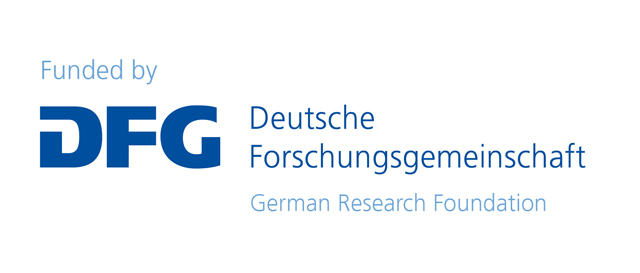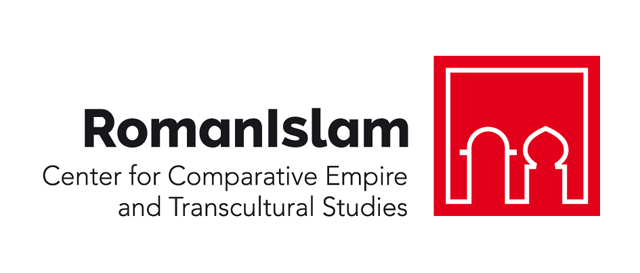Prof. Dr. Kristina Richardson
June 2023 - July 2023

Research Project: Muhallabid Organization of Trans-Saharan and Indian Ocean Trade Networks, c. 760-1105
In 768 CE, the Abbasids appointed ʿUmar b. Ḥafs Hazarmard al-Muhallabī as the governor of Ifrīqiya, initiating an uninterrupted rule of Muhallabī governors until 795 CE. The Muhallabī family were Ibadis from Basra, and they belonged to the ʿUmān Azd clan. The Abbasids likely appointed the Muhallab to these positions so that they could make inroads with the powerful Ibadi chiefs there. Under these Muhallabid governors of Ifrīqiya, Ibadi merchants settled in the Sahara and Sahel, introduced local communities to Islam, and dominated the trans-Saharan slave trading networks. In my current project I am making the novel argument that when Muhallabid governors simultaneously ruled the province of Sind in the late eighth century, they deployed the same strategies of settlement, conversion, and economic expansion along the Swahili Coast, where they developed a lucrative trade in East African materials—likely human, mineral, and faunal, and floral. This one Ibadi family funneled slaves and raw materials from the provinces to the center of Abbasid empire. In the process, the Muhallabids knit together large areas in Africa and Asia through their economic and political policies, even minting coins outside of the caliphal mint and weight system. Establishing this elite family as orchestrators of the early Abbasid trade in black slaves gives historians unprecedented insight into wealth production, the politics of elite households, and the logistics of the Indian Ocean slave trade.
Profile
Prof. Dr. Kristina Richardson is the John L. Nau III Professor of the History and Principles of Democracy and Professor of History and Middle Eastern and South Asian Languages and Cultures at the University of Virginia. Her research focuses on premodern non-elite Arab history, particularly people with disabilities, users of sign language, Romani groups (ghurabā’), craftspeople, and enslaved laborers and entertainers. She is the author of two monographs: Difference and Disability in the Medieval Islamic World: Blighted Bodies (2012) and Roma in the Medieval Islamic Word: Literacy, Culture and Migration (2022). For this latest book she was awarded the prestigious 2022 Dan David Prize, the largest history award in the world, and the 2023 Monica H. Green Prize for Distinguished Medieval Research by the Medieval Academy of America. Together with Boris Liebrenz, she co-published The Notebook of Kamal al-Din the Weaver 2021), an edition and study of an early Ottoman weaver’s Arabic notebook. She is currently writing her third monograph Black Basra: Race, Labor and Piety in Early Islamic History. Her work has been supported by the National Endowment of the Humanities, the Marie Curie Foundation, the Mellon Foundation, and the City University of New York. She also serves as an editor for the journal Der Islam.
CV
Selected Publications
Richardson, Kristina (2022a), Roma in the Medieval Islamic Word: Literacy, Culture and Migration, London: I. B. Tauris.
Richardson, Kristina (2022b), “An Ode to an Armenian Silk Merchant in 16th-Century Aleppo”, in: Helen C. Evans, ed., Art and Religion in Medieval Armenia, New Haven: Yale University Press, 76-84.
Richardson, Kristina / Liebrenz, Boris (2021), Notebook of Kamāl al-Dīn the Weaver, Beirut: De Gruyter Verlag/Dār al-Farābī.
Richardson, Kristina (2019), “The Holograph Notebooks of Akmal al-Dīn Muḥammad b. Mufliḥ (d. 1011/1603)", in: Frédéric Bauden / Élise Franssen, eds., 'In the Author's Hand': Holograph and Authorial Manuscripts in the Islamic Handwritten Tradition, Leiden: Brill, 260-279.
Richardson, Kristina (2017), “New Evidence for Early Modern Ottoman Arabic and Turkish Sign Systems”, Sign Language Studies 17.2, 172-192.
Richardson, Kristina (2012), Difference and Disability in the Medieval Islamic World: Blighted Bodies, Edinburgh: Edinburgh University Press.


